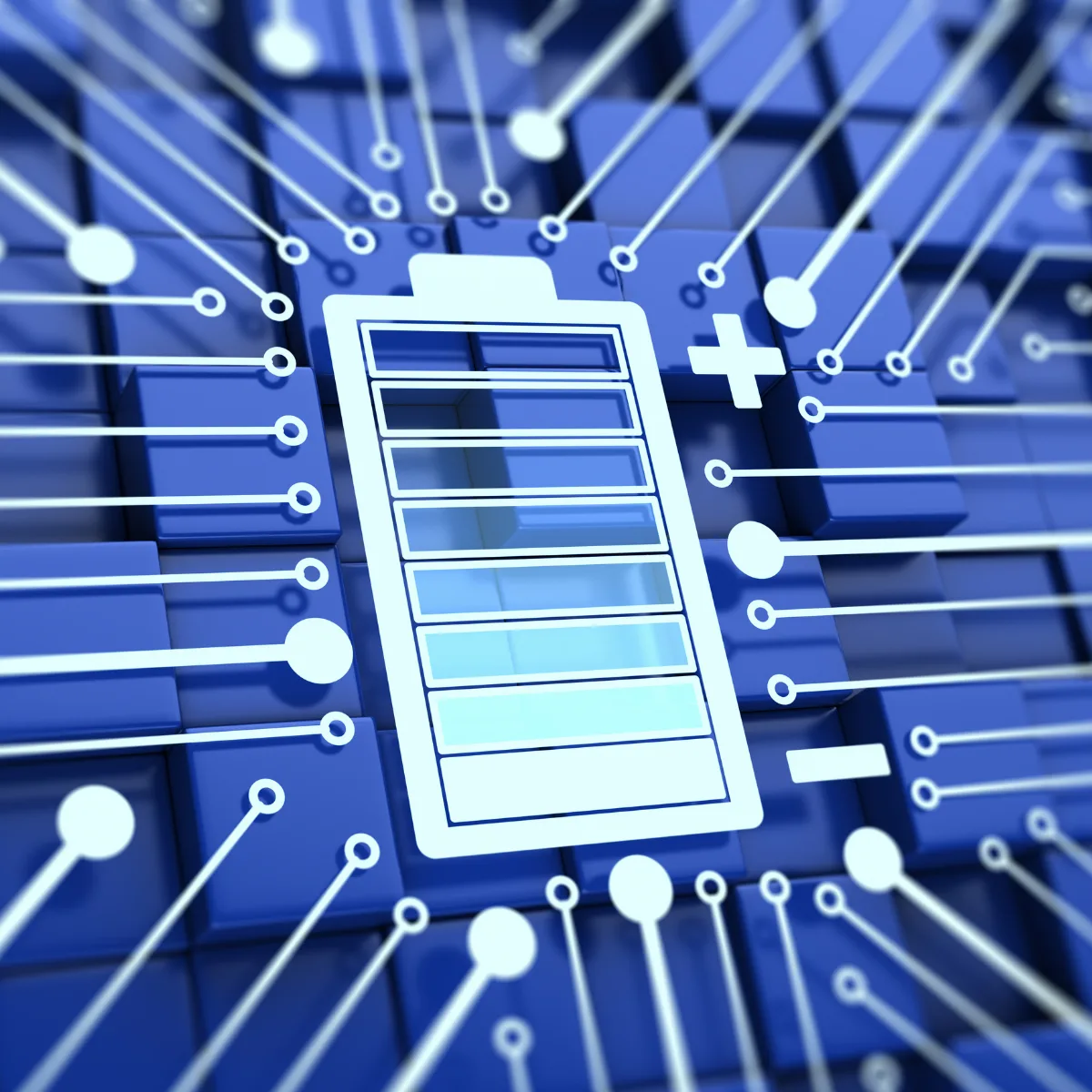In this tech-insight, we take a brief look at what solid-state batteries are, their benefits and challenges, and how why they hold a great deal of promise for use in electric vehicles in the near future.
Solid State
A solid-state battery is a battery that has solid electrodes and solid electrolytes to transfer ions from the cathode to the anode when charging (and vice versa when discharging). This differs from lithium-ion/ lithium polymer batteries which have a liquid or polymer gel as the electrolyte.
The Benefits of Solid-State Batteries
Some of the main benefits of solid-state batteries are:
– Longer battery run time in relation to the battery size due to higher energy density.
– Safety. There’s no risk of explosion or fire, as there is with some batteries with liquid electrolytes.
– Better use of space and lower costs (compared to lithium-ion batteries) because there is no need for (fire/explosion) safety components.
– Increased battery capacity due to the better use of space, allowing for the inclusion of more active materials.
– Compact/small and light, therefore giving flexibility in where they can be used.
– Longer lifespans, plus solid-state batteries can be charged more times than lithium-ion batteries.
– Fast charging time, better performance over time, a longer life cycle, and better recycling potential than lithium-ion batteries.
Disadvantages and Challenges
Some of the disadvantages and challenges of solid-state batteries include:
– Expensive to manufacture because it’s an emerging technology, so the economies of scale aren’t in place, and electrolytes are expensive to produce (and are prone to cracking).
– Uncertainty about the best chemical and atomic composition for a solid electrolyte between metallic anodes and cathodes.
– Difficult to manufacture at scale.
Applications of Solid-State Batteries
Some of the current places where solid-state batteries are used include within pacemakers, smartwatches/wearable devices, and RFID tags (in industry).
Electric Vehicles
Factors such as the high energy density per unit area (providing a higher capacity and longer run time) have made solid-state batteries a very promising prospect for the EV market, with many automobile and tech companies investing in moving solid-state technology forwards. For example, Samsung’s Advanced Institute of Technology (SAIT) claims to have made a breakthrough in solid electrolyte technology which has enabled the size of a solid-state battery to be halved. This could, in theory, double the range of today’s first-generation EVs on one charge. Many tech commentators are predicting that solid-state batteries may take over from lithium-ion batteries.
What Does This Mean For Your Business?
Smaller, more powerful, longer-lasting batteries that offer the promise of greater sustainability are surely an attractive prospect in many industries, particularly the emerging EV industry. All the major car companies are now committed to electric vehicle production and how well a battery performs is an important value-adding factor for motorists to consider as they buy their first electric vehicles. There are still several challenges to overcome with solid-state batteries (e.g., finding the best composition and manufacturing at scale) but momentum is now building towards making the breakthroughs that could see solid-state batteries delivering benefits in more industries.
This Article has been Republished with Permission from MKLINK.
Recent Blogs
Related posts
New Year, New Security Standards: Why This Is the Year Your Business Needs Cyber Essentials
As we step into 2026, businesses across the UK are setting ambitious goals. But there's one resolution that should sit at the top of every [...]
Before You Renew: How to Review Your Current IT Provider
As the year draws to a close, you naturally start reviewing budgets and renewing supplier contracts – but what about your IT support? If your [...]
5 Ways to Make 2026 the Year Your IT Works Smarter, Not Harder
We associate New Years with a fresh start, so what better time to take a fresh look at the way your technology works for you. [...]








